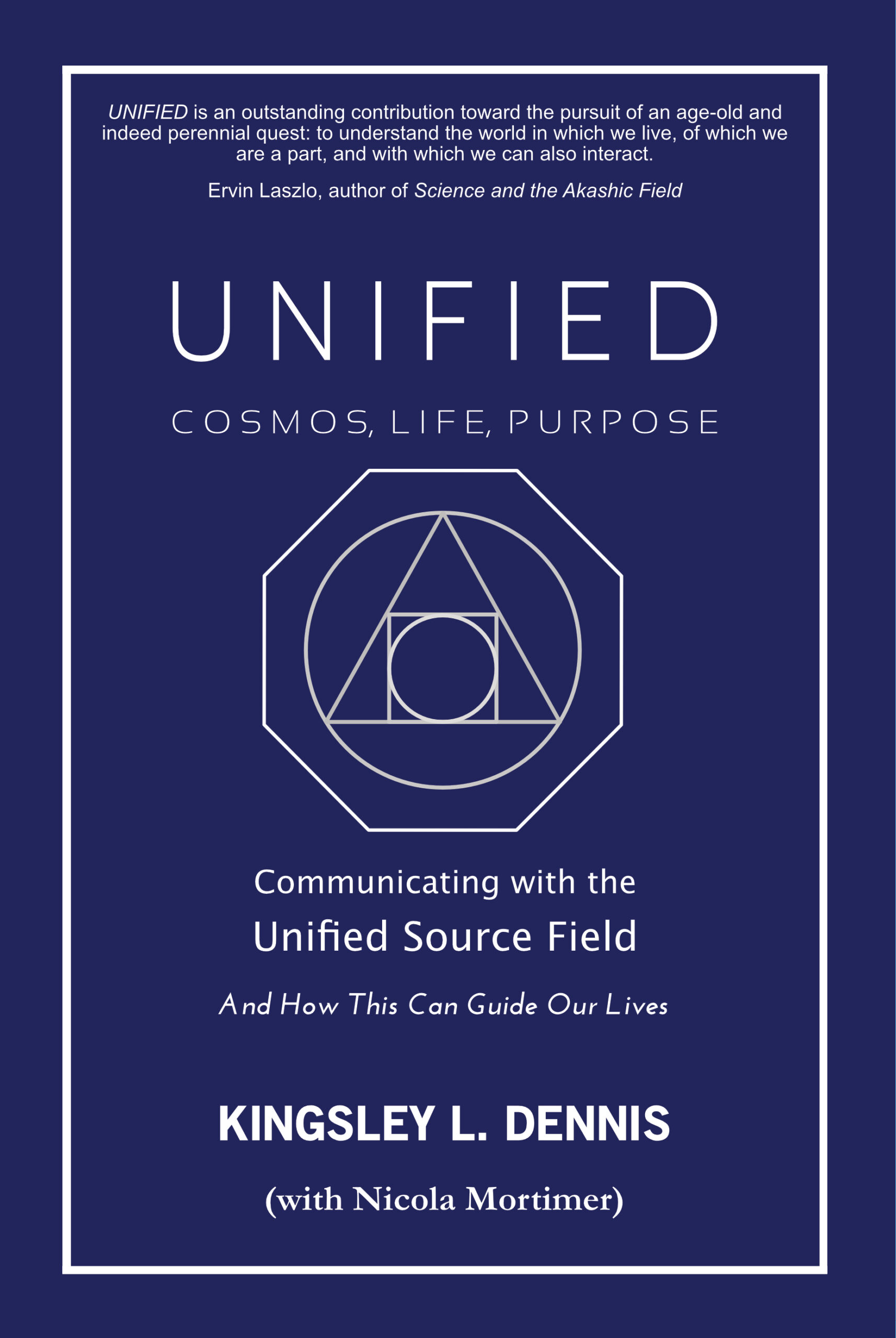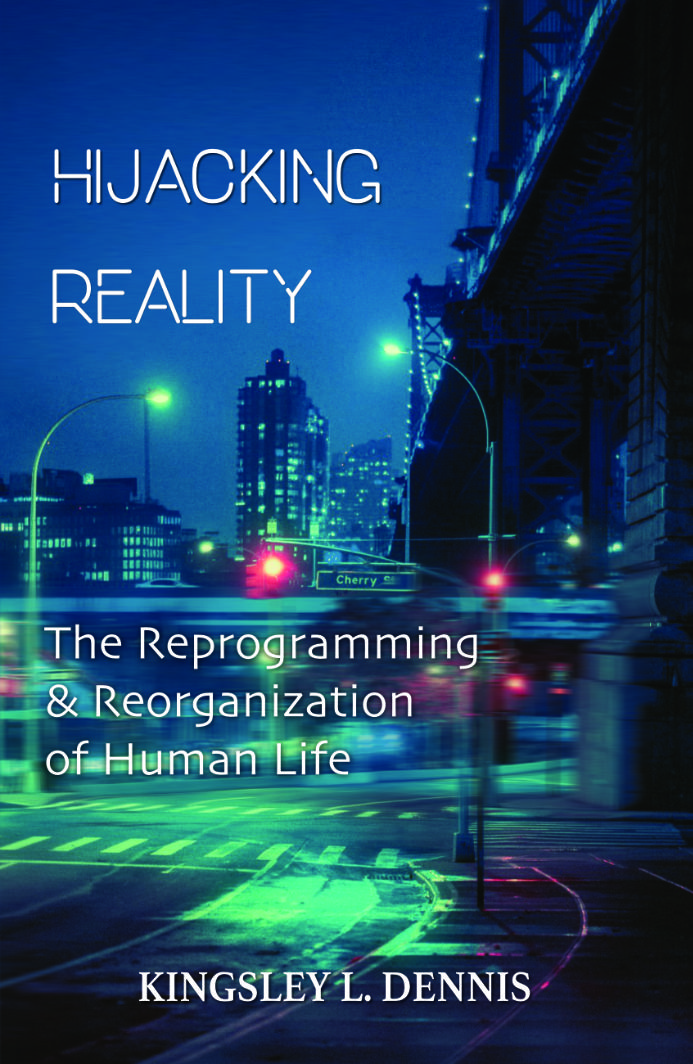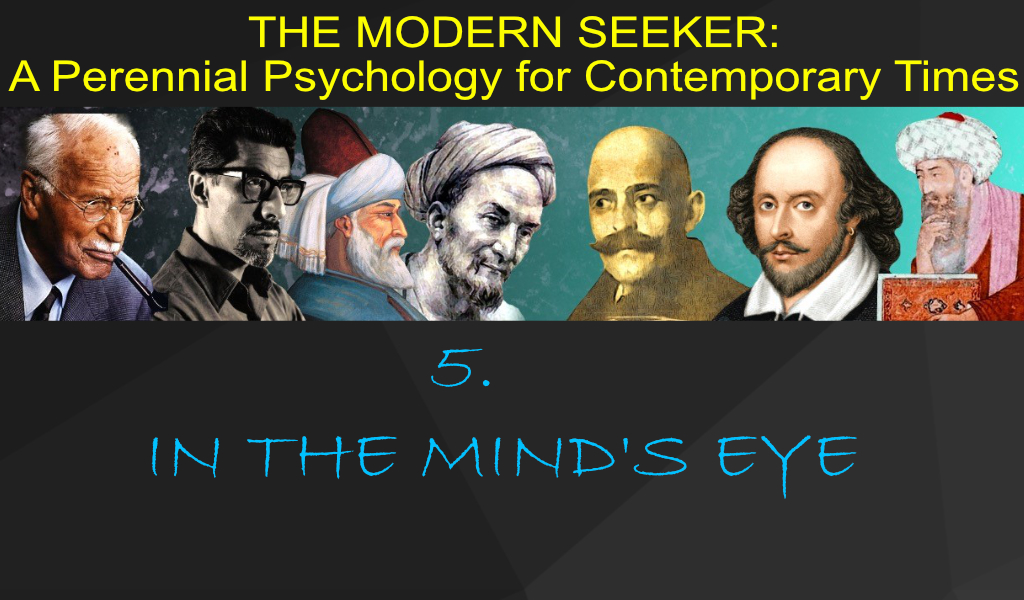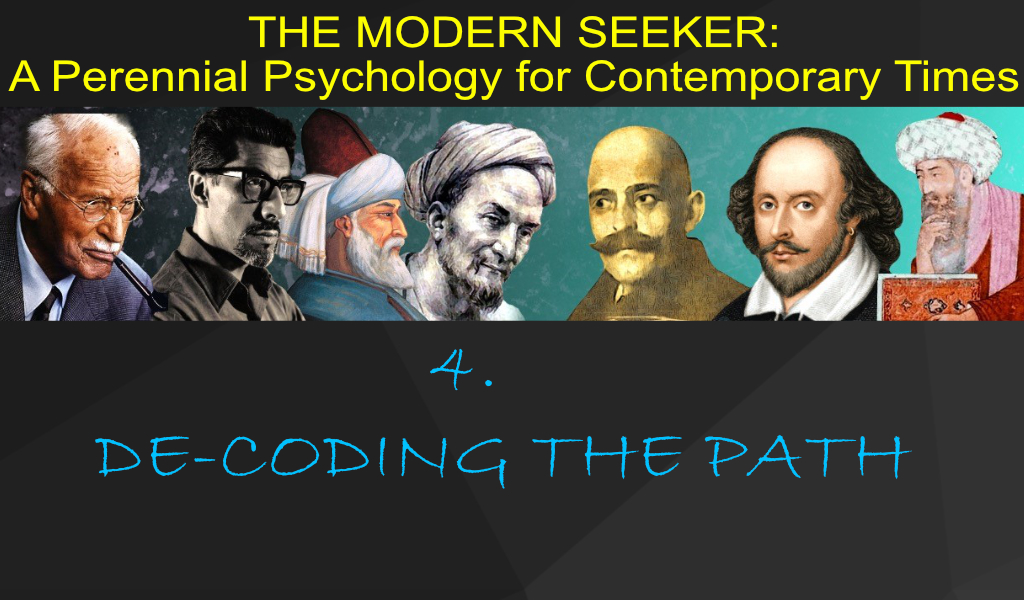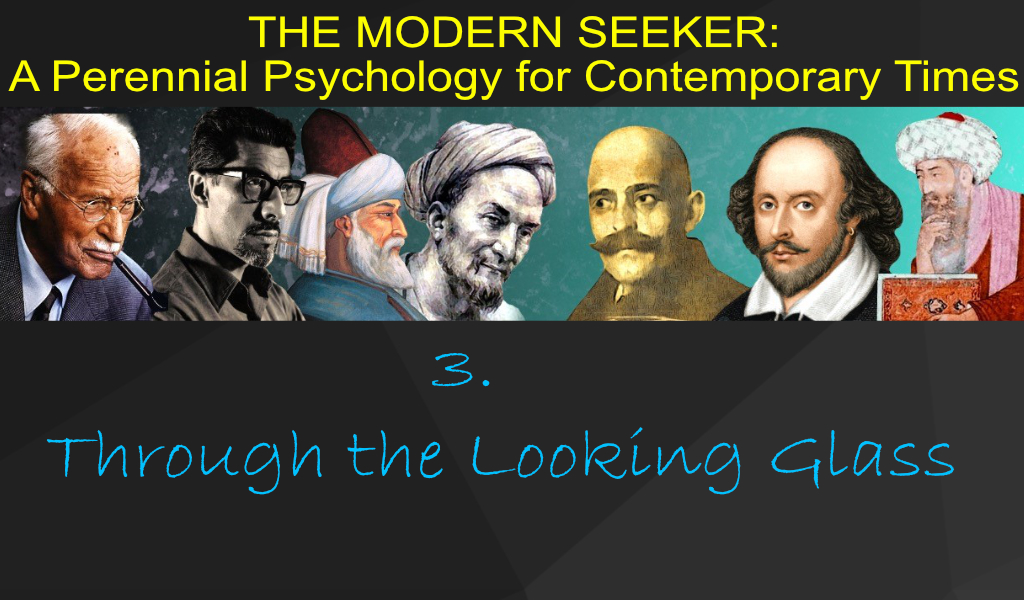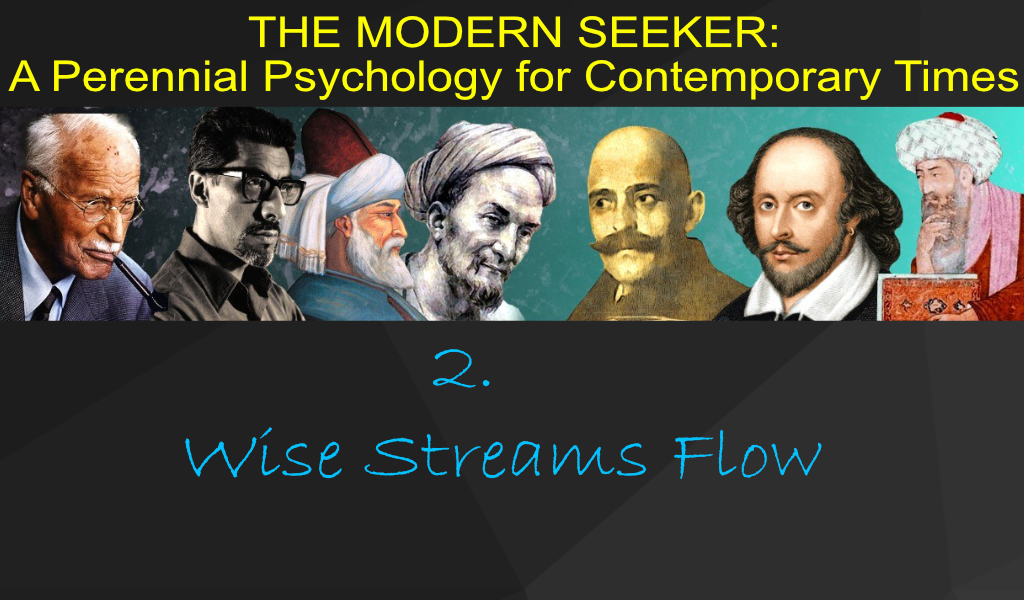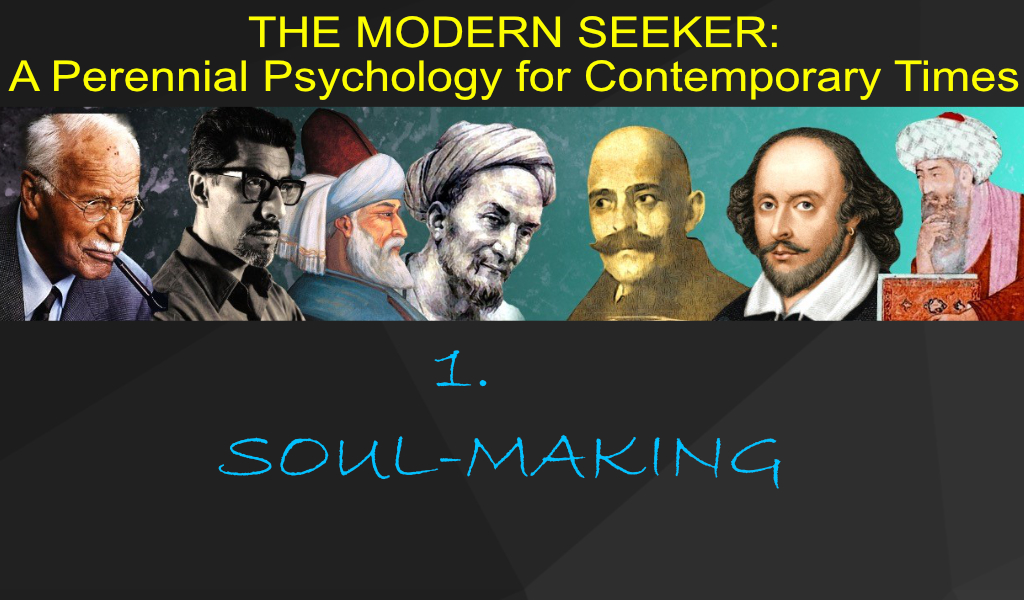There is an old folktale that tells of the wise fool who arrives at the door of the king’s castle asking for entry. He is immediately told by the guard that the king’s decree is for anyone who tells a lie to be hanged. Then, upon asking for his destination, the wise fool replies, “I am going to be hanged.” “I don’t believe you!” exclaimed the guard, “you are lying.” “Very well, then. If I have told a lie, hang me!” “But if I hang you,” replies the guard, “then you would have told the truth and I shouldn’t have hung you!” “Exactly,” replies the wise fool, “this is your definition of truth.”
The nature of “truth” in our subjective world lies more in the realm of rhetoric than it does in relation to any objective sense of the word. Nobel laureate writer Doris Lessing makes a parody of this in her novel The Sentimental Agents in the Volyen Empire, where one of the main protagonists falls victim to the dreaded disease of “Rhetoric.” In a bid to cure him, another friend introduces him to what outwardly is tactfully disguised as the “Institute for Historical Research,” when in reality it was constructed as the “Hospital for Rhetorical Diseases.” Rhetoric then, for Lessing, is a disease which can afflict people almost unknowingly — the dis-ease of misapplied language for an explicit agenda. I wonder if many of us are not also suffering from the disease of rhetoric? Is it not, after all, the “forked tongue” that creates much of our polarity?
Unfolding global events are creating polarized energies — fear, stress, tension, etc. — that also create disruption in our everyday lives. It feels as if we are being distracted by deliberate design. Further, the presence of fear, anxiety, and distress, as it permeates through the fabric of our societies, can weaken the mental and emotional resilience of people. Then slowly as we begin to see so much of the negative aspects of the world, we find it easy to lose our focus, often without realizing it. The creep of negativity can be imperceptible at first. Maybe we just have feelings of restlessness, then an encroaching apathy. The shadowy wisps of negativity slither in to disturb, disrupt, and distract our thinking, focus, and energy. Anger may also arise, as well as the feeling of deception and loss. Emotions of blame and injustice may also creep in, adding to their counterpart — disempowerment. Negative energy thus acts to disturb harmonious and developmental thinking. One of the immediate responses to this is frustration — a sense of being disempowered in a world where everything is seemingly breaking down. It is as if we are being swung back and forth upon some giant pendulum. This is part of the human experience of existing within a physical reality of duality. Life can be likened to a polarity game — a pendulum swing between opposites.
Polarities trick us into the illusion of taking sides, such as choosing which is the “winning” side and which the “losing.” Yet we pay for taking emotional sides: To emotionally feel victorious, or defeated, is an energetic state of duality. We are being distracted into wasting considerable energies if we divide the world into people who are good or evil, rich or poor, intelligent or stupid, important or insignificant. These are social categories based on artificially manufactured criteria — they are not fundamental truths. By being distracted into the “good” and “bad” of the world we are blighted by the illusion of duality and forced to make judgments. The act of judging is yet another external distraction that takes the attention away from the real source within a person. So too do the strongly polarized energies of fear, stress, anger, etc. disrupt our inner balance, and distract us from ourselves. Polarity forces us to view events and challenges as blessings or curses — rarely do we see them as simply events to be experienced. So we should refrain from too easily jumping into the polarity game. This is an emotional seesaw that sways a person from one encounter to the next. Hakim Sanai, an 11th-century Persian poet, wrote that: “Good’ and ‘evil’ have no meaning in the world of the Word: they are names, coined in the world of ‘me’ and ‘you.'”
Let us remember that we are living in the 21st century A.D. — “attention distracter.”
We may not be able to escape the effects of polarity completely, yet we can shift ourselves to a more harmonious position. Physical life will ensure that the pendulum will continue to swing, only that with awareness and restraint we may escape being carried along with it.
We need to tell ourselves that negative feelings only control us if we give our power to the negative energy. Negativity by itself has no capacity for control; so it seeks to exploit vulnerable situations and circumstances. Negativity is not self-sustainable, so it must be fed. It requires that we give it our energy, our focus, fear, and importance. Its presence is a distortion. Imagine that we walk into a dark, unlit room; the darkness surrounds us and we feel that it is overpowering. Yet we only need to light one tiny match to bring a glow of light into the room that disperses the darkness. This analogy fits also for how negativity operates. We feel it is overwhelming, when in fact this is its weakness. The truth is that no matter our states of bitterness, anger, frustration, even depression, they can be overcome by only the slightest presence of positive focus (the lighted match).
Our responsibility then is to empower ourselves against distraction. We should be ambassadors for the change we wish to see. In order not to sell ourselves short it is important we normalize the new ideals. If we become sucked into conspiracy, paranoia, or angry behavior then we do a disservice to our ideals and give our detractors their excuses to use against us. In our everyday life we are the “door-to-door salespeople” for the ideals and change we wish to see in the world. After all, we wouldn’t buy any products from a frantic, frustrated salesperson… would we? So in order to quietly overwhelm the current models we need to become the best we can be, and to normalize the future into being. We are no longer dealing with alternative theories. We are representing the “new normal” — not the “new age.”
We are not interested in the world’s mental games anymore. The negative aspects within the world know they are clinging on for their last gasp, which is why they are struggling with a fury. We can take this not as a sign of their winning, but of their desperation. Their time has already come — it is now only a matter of time for allowing the transition to penetrate.



